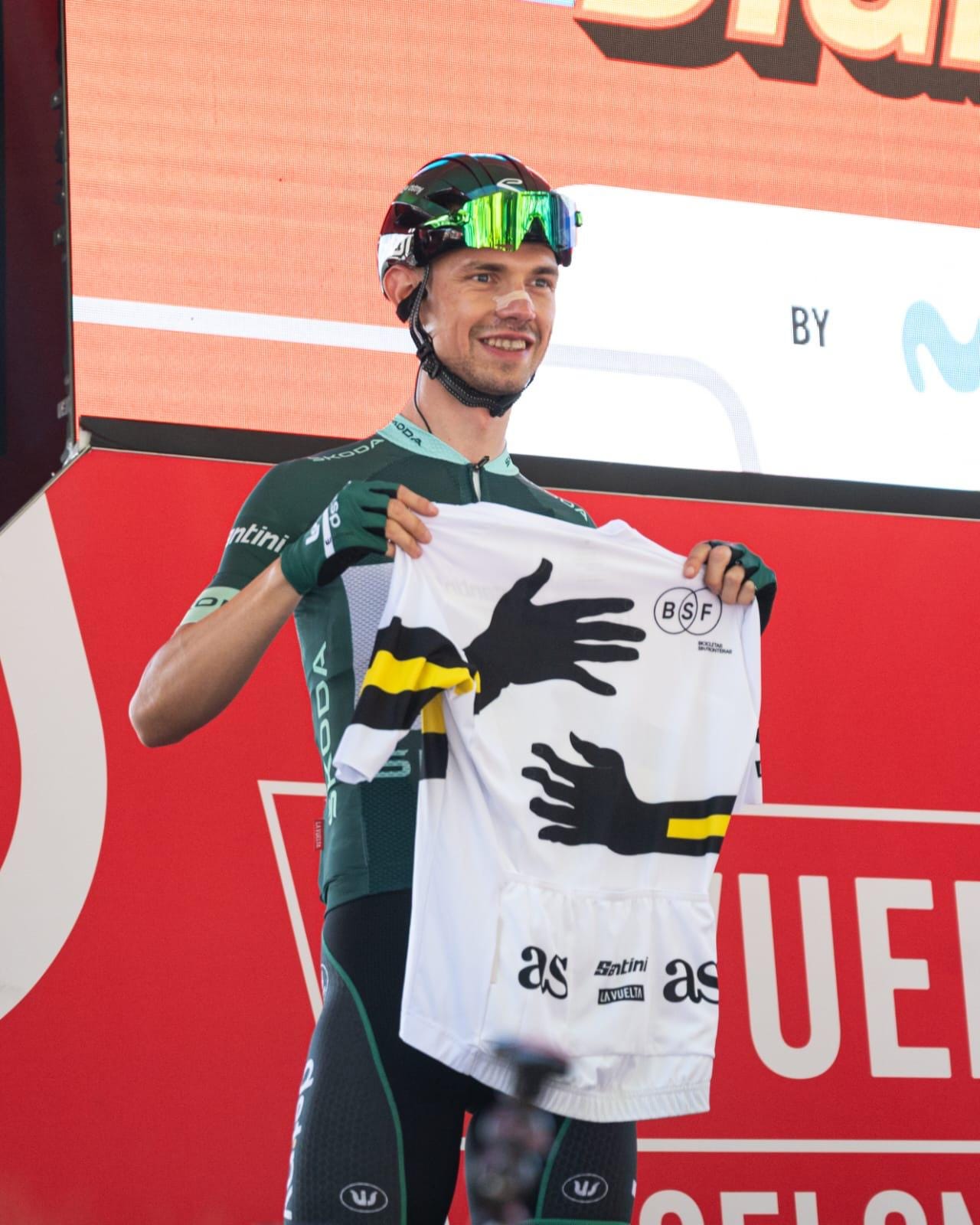I. The Solidarity Jersey
After winning the 2nd stage of La Vuelta, Andreas Kron was given a solidarity jersey for dedicating his win to his recently-deceased Lotto Dstny Development Team Tijl De Decker. As far as I can tell, this is the only time such a jersey has been introduced to cycling, and while I don’t think it’s necessary to issue one every day o…
Keep reading with a 7-day free trial
Subscribe to derailleur to keep reading this post and get 7 days of free access to the full post archives.




